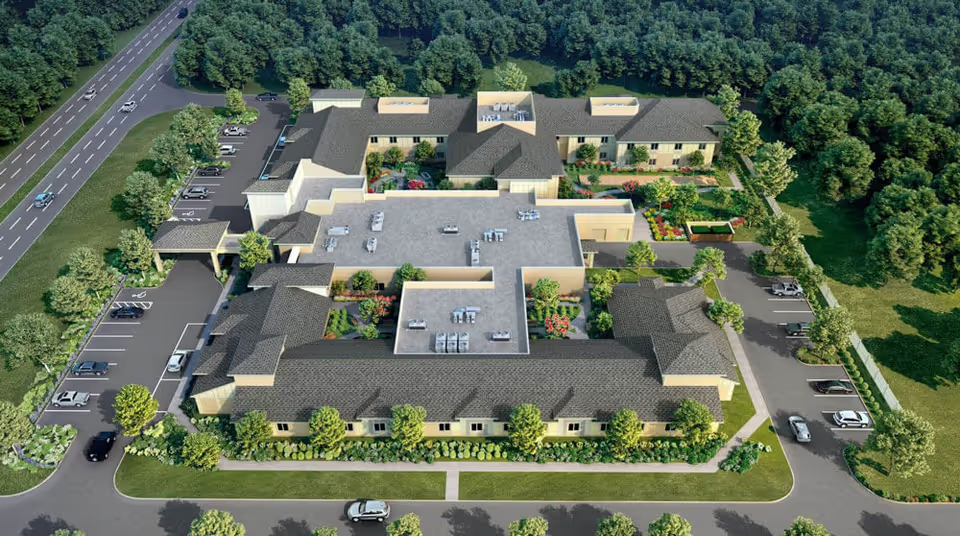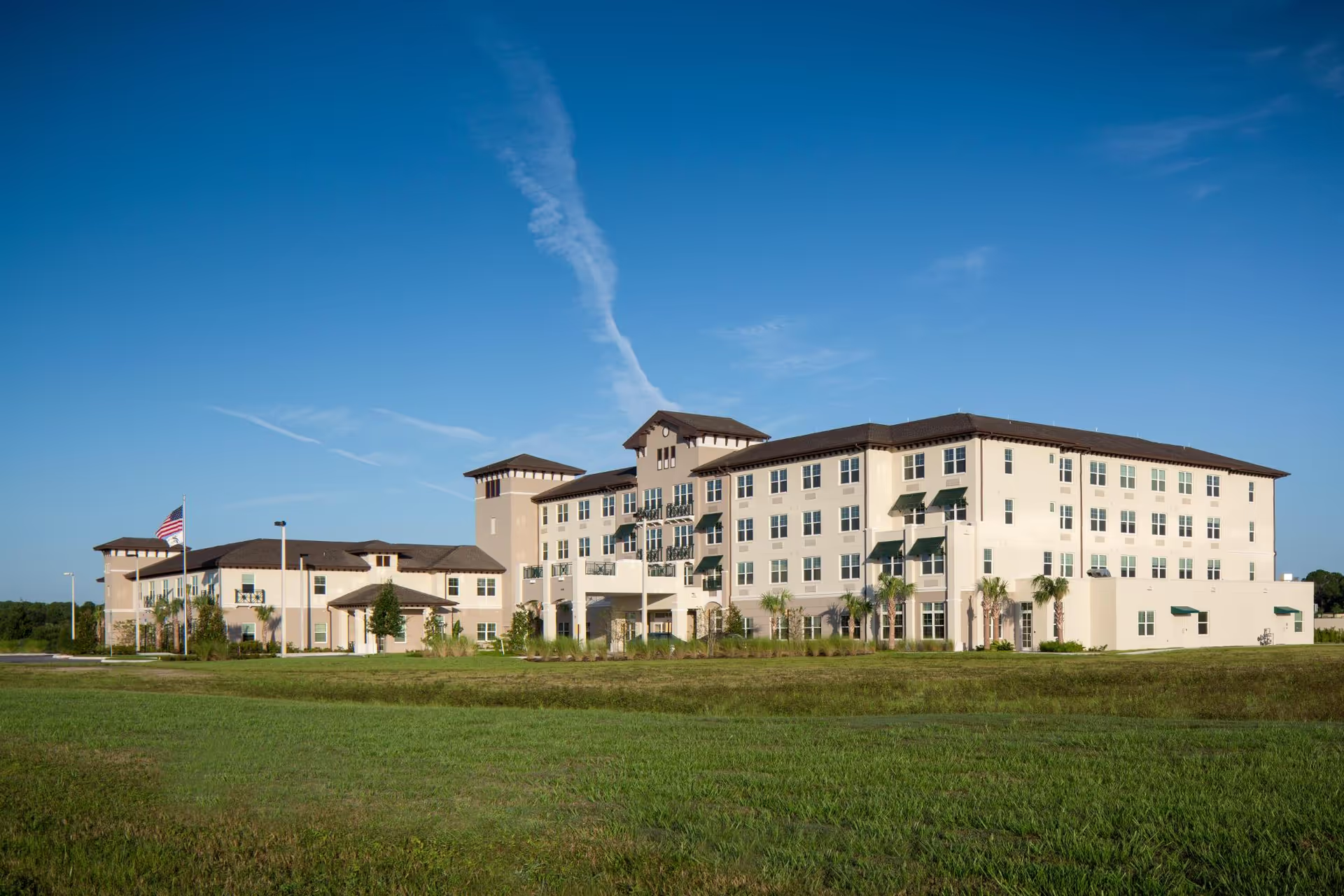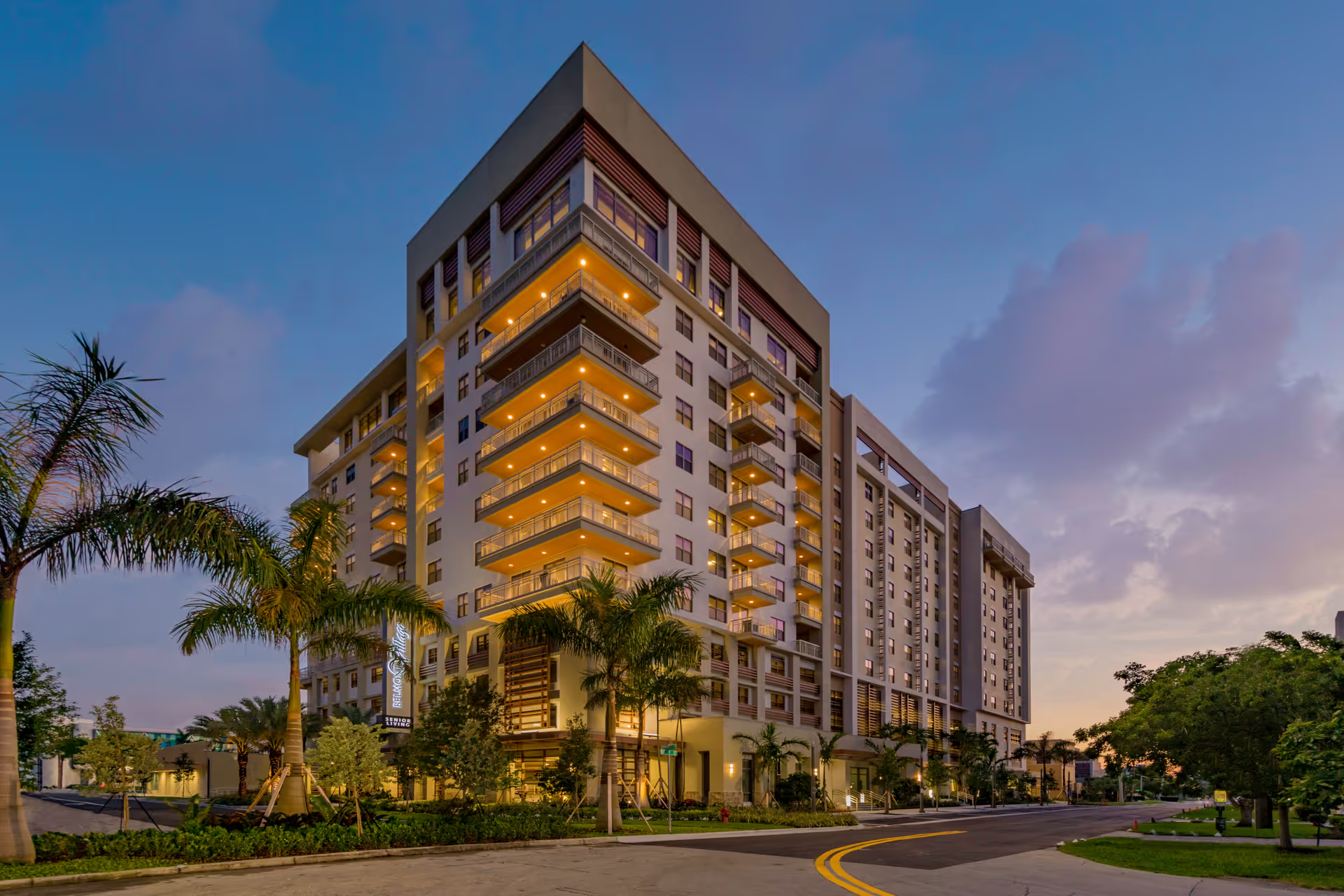Overall sentiment across the review set is mixed but leans positive: a majority of reviewers describe Harbor Oaks Golden Years as a clean, home-like, family-run facility with attentive, compassionate staff who provide personalized and proactive care. Many reviewers highlight a strong sense of community, engaging activities, and a comfortable, well-furnished environment. Several reviewers specifically praise hospice guidance, emergency preparedness (generators, portable air conditioning, stocked supplies), and owners/administrators who are present, responsive, and hands-on. These positive reports frequently use language such as “family,” “guardian angels,” “best quality of life,” and “peace of mind,” indicating that for many families the facility meets or exceeds expectations for daily living, personal attention, and emotional support.
Care quality is a primary theme. Repeatedly, reviewers commend the caregiving team as kind, patient, and dedicated—helpful with transfers and ambulation, attentive to daily needs, and able to provide a high level of personal attention that makes residents feel at home. Multiple comments note improvements under new ownership/management, suggesting recent positive changes in leadership and operations. Knowledgeable staff and timely information flow to families are also recurring strengths, and several reviewers emphasize that owners work at the facility daily, adding a personal touch and visible accountability.
Facility and environment receive consistent positive marks: reviewers describe the building as spotless, fresh-smelling, nicely furnished, and comfortable. Reviewers also frequently mention well-run activities programming that keeps residents engaged and socially active. Dining receives mixed but often positive feedback: many reviewers praise delicious meals and a good dining experience, which contributes to residents’ satisfaction and family peace of mind. The facility’s emergency planning and preparedness is singled out positively—reviewers note generators, portable AC units, and supplies to care for residents during crises, which is a notable operational strength.
However, there are several significant negative themes that must be weighed alongside the positives. A minority of reviewers report serious concerns, including alleged dishonesty or unprofessional behavior by staff or management, ignored medical complaints (pain or infection) leading to hospitalization, and inconsistent response to family complaints. Specific and troubling accusations include reports of bed bugs, rough or mean aides, poor dementia/memory-care skills, and instances where families felt promised services (e.g., home-cooked meals or “family-like” treatment) were not delivered. Dining is also a point of contention in some reviews—while many praise the meals, a few report extremely limited options (one hot meal/day, PB&J otherwise) and rude dining staff, with one allegation of staff smelling of alcohol. These negative reports introduce concerns about consistency of care, staff training, and complaint resolution processes.
Management and consistency emerge as a key pattern: many reviewers emphasize improvements and hands-on owners, yet others accuse management of dishonesty or unresponsiveness. This suggests variability over time or between shifts/staff members. Similarly, dementia/memory-care weaknesses appear in a subset of reviews, which is important for families seeking specialized care for cognitive impairment. Financial/value concerns (high monthly price) and at least one report of a resident being asked to leave indicate potential issues with placement stability or contract expectations for some families.
In summary, Harbor Oaks Golden Years appears to deliver excellent, home-like care for many residents, with cleanliness, engaged staff, owner involvement, and strong emergency preparedness as prominent strengths. At the same time, the facility has received some serious complaints from other families—ignored medical needs, behavioral concerns among staff, pest issues, inconsistent meal service, and weaknesses in memory-care—indicating important areas to verify directly. Prospective families should weigh the largely positive accounts of compassionate, individualized care and new-management improvements against the documented negative incidents. When evaluating the facility in person, it would be prudent to ask specific questions about memory-care training and staffing, complaint escalation and resolution policies, pest-control records, meal plans and diet options, staffing alcohol/drug policies, and recent inspection or hospitalization incidents to clarify whether the positive patterns are consistent and whether the negative incidents have been addressed.







